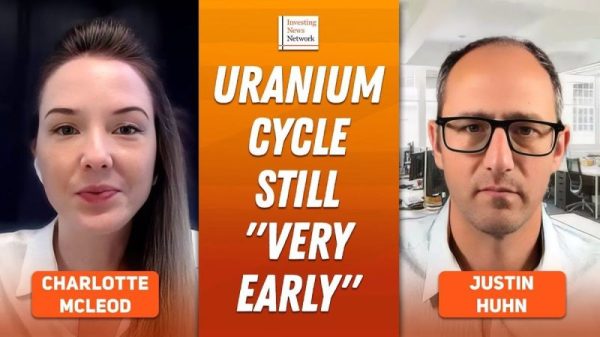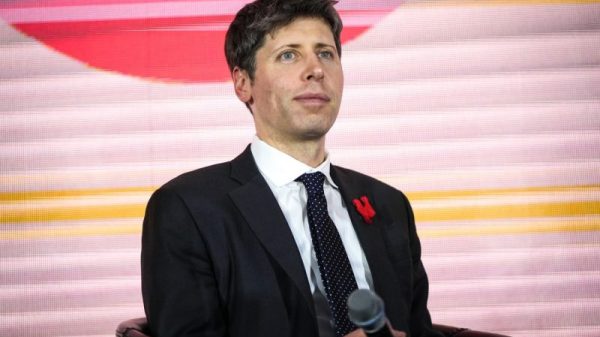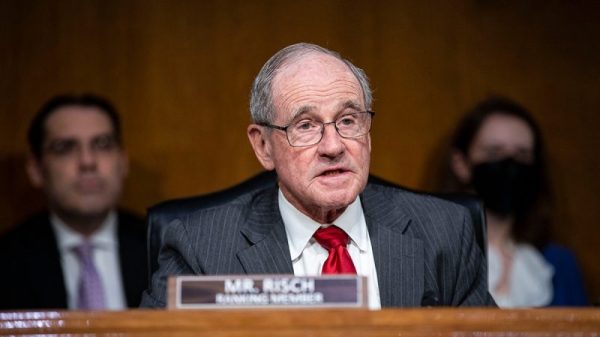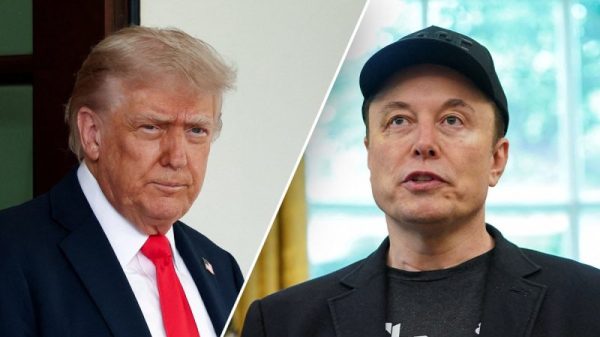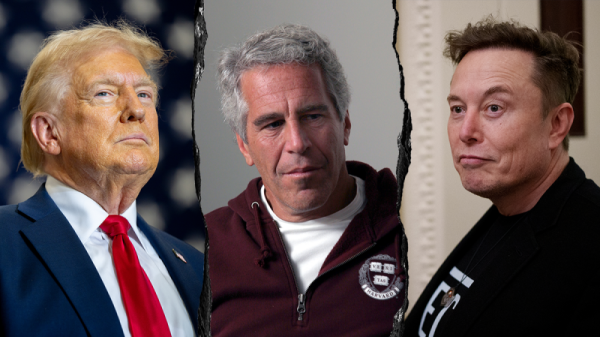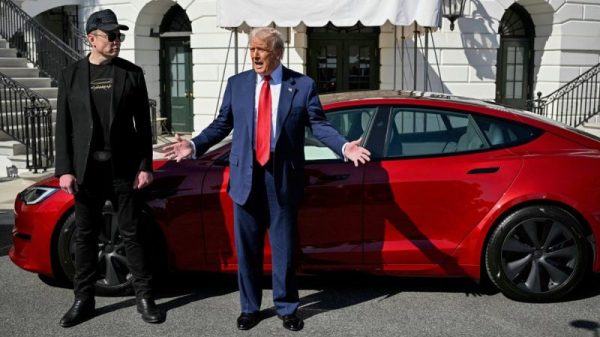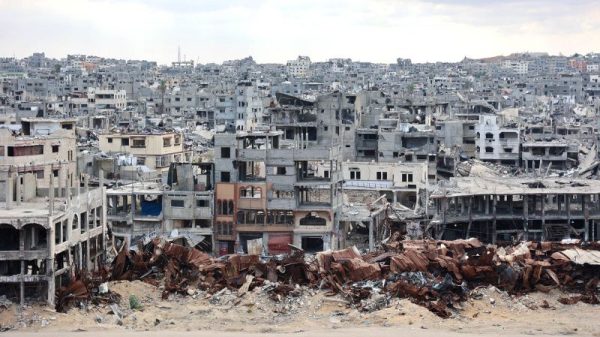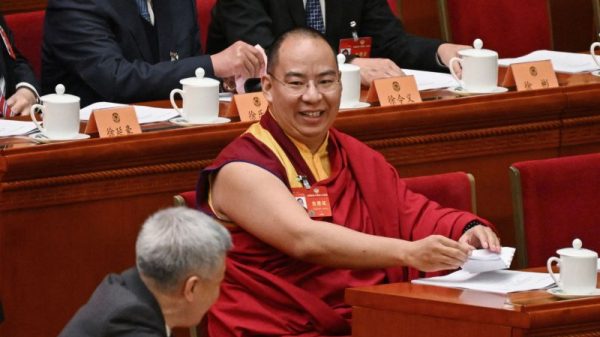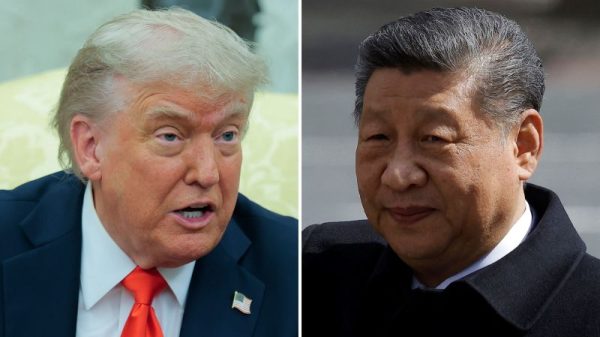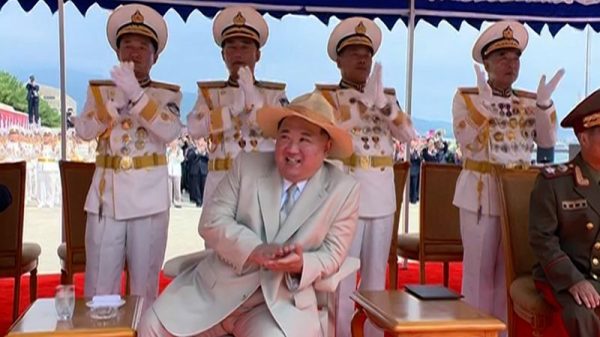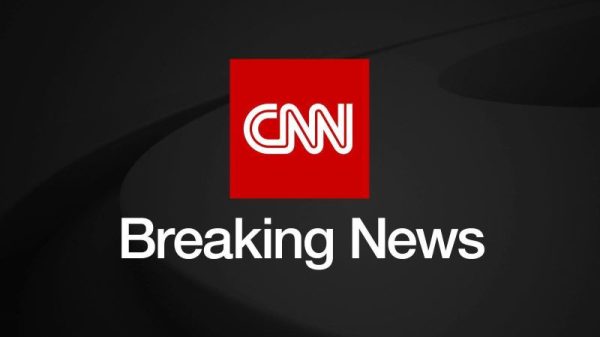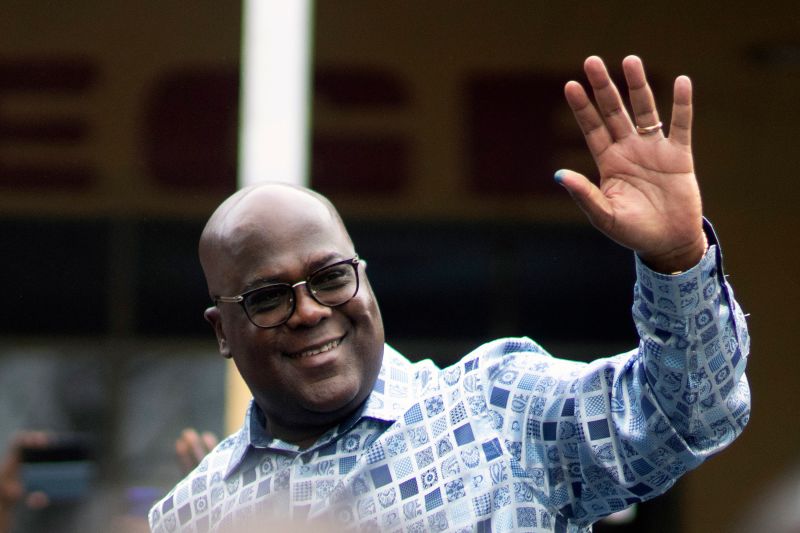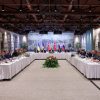Democratic Republic of Congo President Felix Tshisekedi has been re-elected for a second term after getting more than 73% of the vote in a December 20 poll, the country’s election commission CENI said on Sunday.
The declaration of the result follows days of opposition complaints about the way the election was conducted.
Announcing the results in the capital Kinshasa, Denis Kadima, head of CENI, said Tshisekedi had obtained more than 13 million votes out of over 18 million valid votes, adding that turnout was more than 43%.
Cheers erupted from Tshisekedi’s supporters present at the declaration after Kadima announced that Tshisekedi was provisionally elected.
Political parties, candidates and those mandated by them have two days to challenge the outcome of the election at the Constitutional Court. The court then has seven days to rule on the case and proclaim the final result.
Opposition frontrunner Moise Katumbi, who came second with 18%, has already ruled out mounting a legal challenge to CENI’s results, citing the alleged lack of independence of state institutions.
Other opposition candidates have not clarified whether they will challenge the results.
Earlier on Sunday a group of nine opposition presidential candidates, including Katumbi, and six leaders of political parties asked supporters to take to the streets to protest after the release of the provisional results.
Joint declaration
“We categorically reject the sham election … and its results,” the main opposition candidates said in a joint declaration. They demanded fresh elections be held with a new electoral body on a date to be agreed by all.
“We call on our people to take to the streets en masse after the proclamation of the electoral fraud,” they said.
The government of Congo had previously rejected calls for a rerun of the elections.
Logistical setbacks, an election day over-run, and an opaque vote count have fuelled a dispute that threatens to further destabilise a country roughly the size of Western Europe which is the world’s top producer of cobalt and other prized industrial commodities.
Since election day, some of Tshisekedi’s main challengers, including former oil executive Martin Fayulu, have been calling for a re-run of the contest and of legislative elections, accusing CENI of allowing the vote to be tipped in the president’s favour.
CENI and the government have dismissed these allegations and also warnings from independent observer groups that the unscheduled extension of voting and other incidents on election day, and during the tabulation of votes, may have compromised the credibility and legal footing of the poll.



